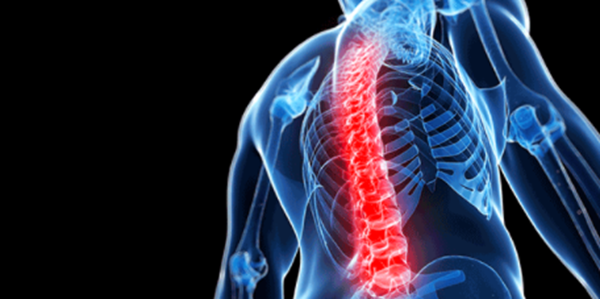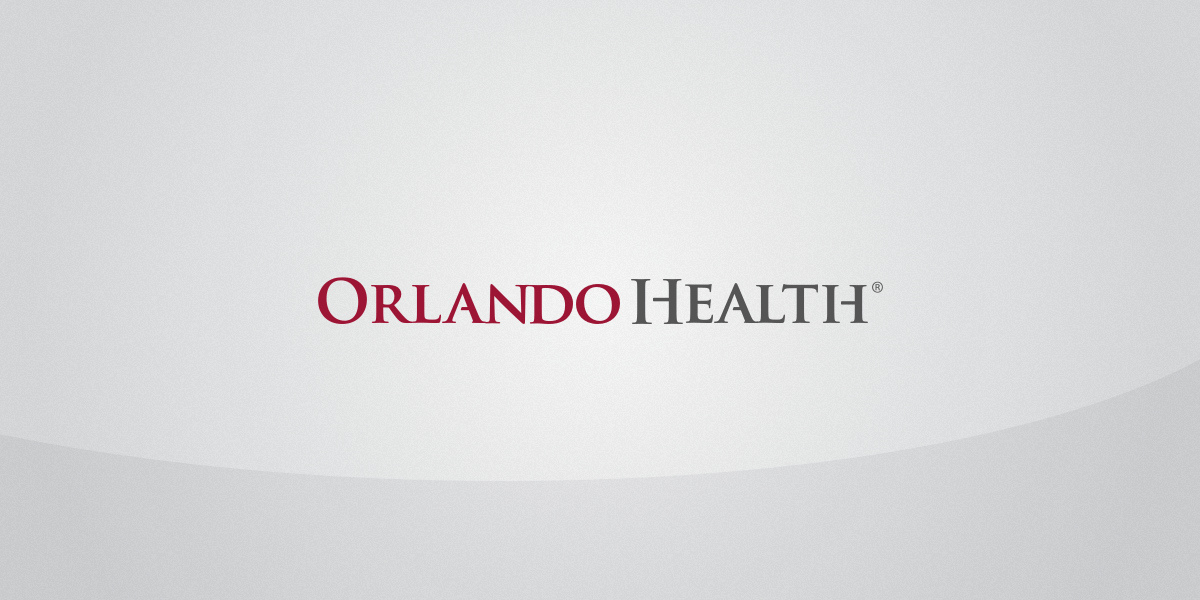From the outside, you may look like the same old you, but inside, you feel different. You may have difficulty moving, speaking or concentrating. You may have lingering physical and emotional symptoms like headaches, nausea, sleep disorders and mood changes. If you’ve had a traumatic brain injury, the recovery process is a completely new journey for you and your loved ones.
Traumatic brain injuries (TBIs) occur when there’s a strong blow to the head or body, or when something penetrates the brain tissue, such as a bullet. You may be familiar with concussions—these are serious, but milder traumatic brain injuries that affect the brain cells temporarily, but more severe injuries can bruise the brain, causing long-term complications.
TBIs are the major cause of death and disability in the U.S., contributing to 30% of all deaths from injuries. The symptoms of a TBI can range from mild to severe, and those symptoms can be short or long-term. What’s more, those symptoms may occur immediately, while other symptoms may appear weeks later. Most TBIs are the result of falls, self-harm, and motor vehicle crashes.
After a TBI
Diagnosing a TBI as early as possible is important so that treatment can begin quickly. If you’re an athlete playing in a game and suffer a concussion, it’s important to be diagnosed so that you won’t be put back into the game. If you continue playing, you can increase your risk of further injuring your brain, and you can delay the healing process.
In many cases, there’s no question of immediately returning to the game. With some TBIs, you may be unconscious after a blow to the head or an accident and are taken to the hospital.
There, doctors will assess your medical condition and depending on that, you may be released to recover at home, or may be admitted to the hospital. If you’re admitted, you’ll be closely assessed to determine the severity of your injury and how well you are recovering. Doctors will want to ensure the brain is getting proper oxygen and blood flow, so you may get breathing support and medication to minimize agitation, prevent blood clots, reduce the risk of seizures and muscle spasms and increase alertness. Doctors may perform surgery to remove damaged brain tissue, repair skull fractures, relieve pressure or remove clotted blood.
Once your physical condition is stabilized, it’s time to address any lingering symptoms. Some hospitals, like Orlando Health, offer Brain Injury Rehabilitation, where teams comprised of physical therapists, nurses, occupational therapists, speech language pathologists, and registered dietitians work to help you regain lost functions and to compensate for ones that can’t be recovered.
Recovery Time
The first question people ask after an injury is when they will recover. Unfortunately, there’s no exact answer because it depends on the severity of the injury. For some, recovery is a matter of days. For others, it may be months. Still, some may have lifelong challenges resulting from the TBI. But by understanding the recovery process, getting the cognitive rest you need to heal and enlisting a supportive team, you can begin the gradual road back to being yourself.
Are you interested in learning more about the Orlando Health Neuroscience Institute?
This highly specialized practice is the first of its kind to offer expedited care for neurosurgery patients. We will take your patient when you call – within 24 hours for urgent cases or within two days for non-urgent cases. At Orlando Health Neuroscience Institute, that’s the rule, not the exception.
Learn More




